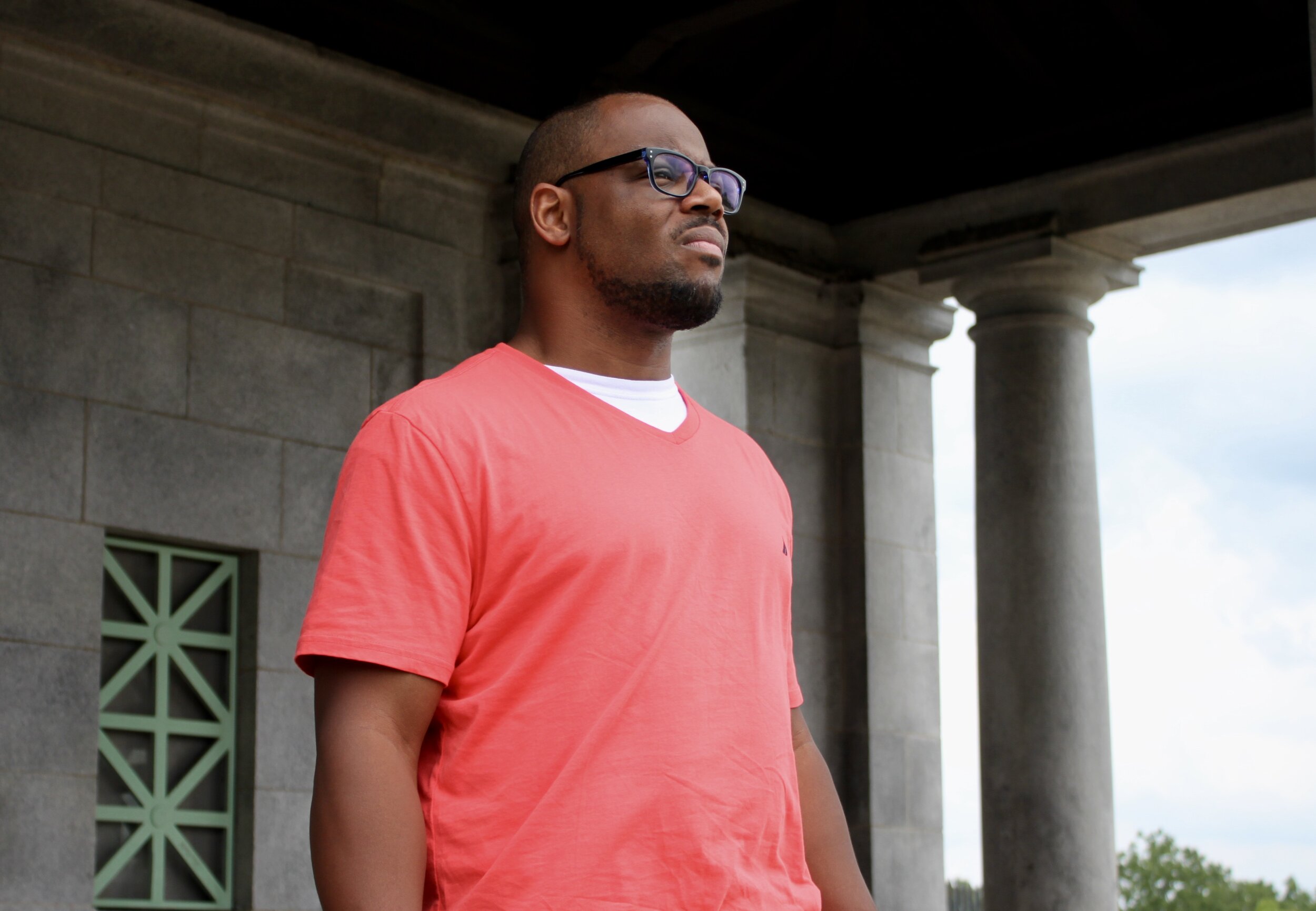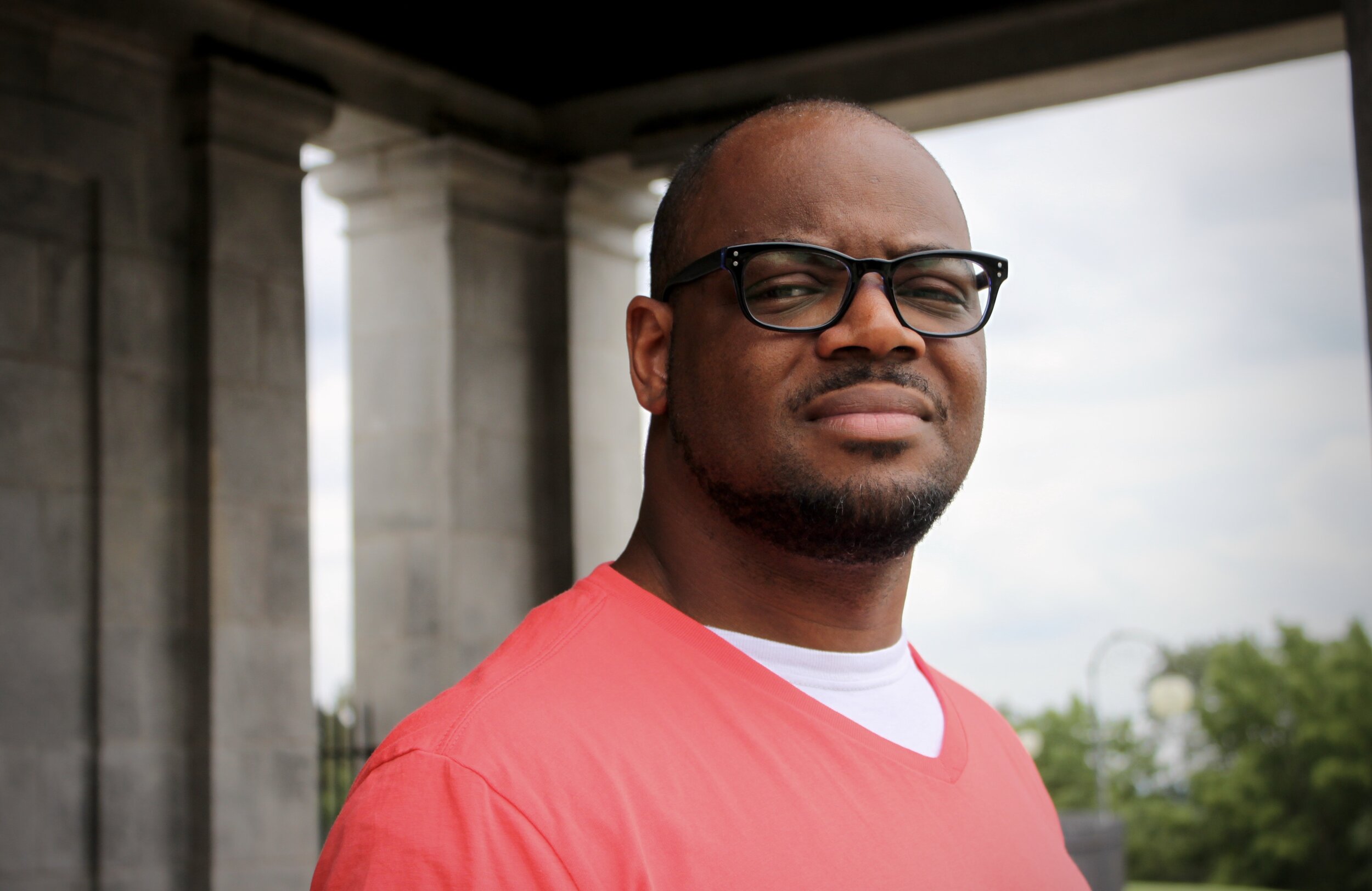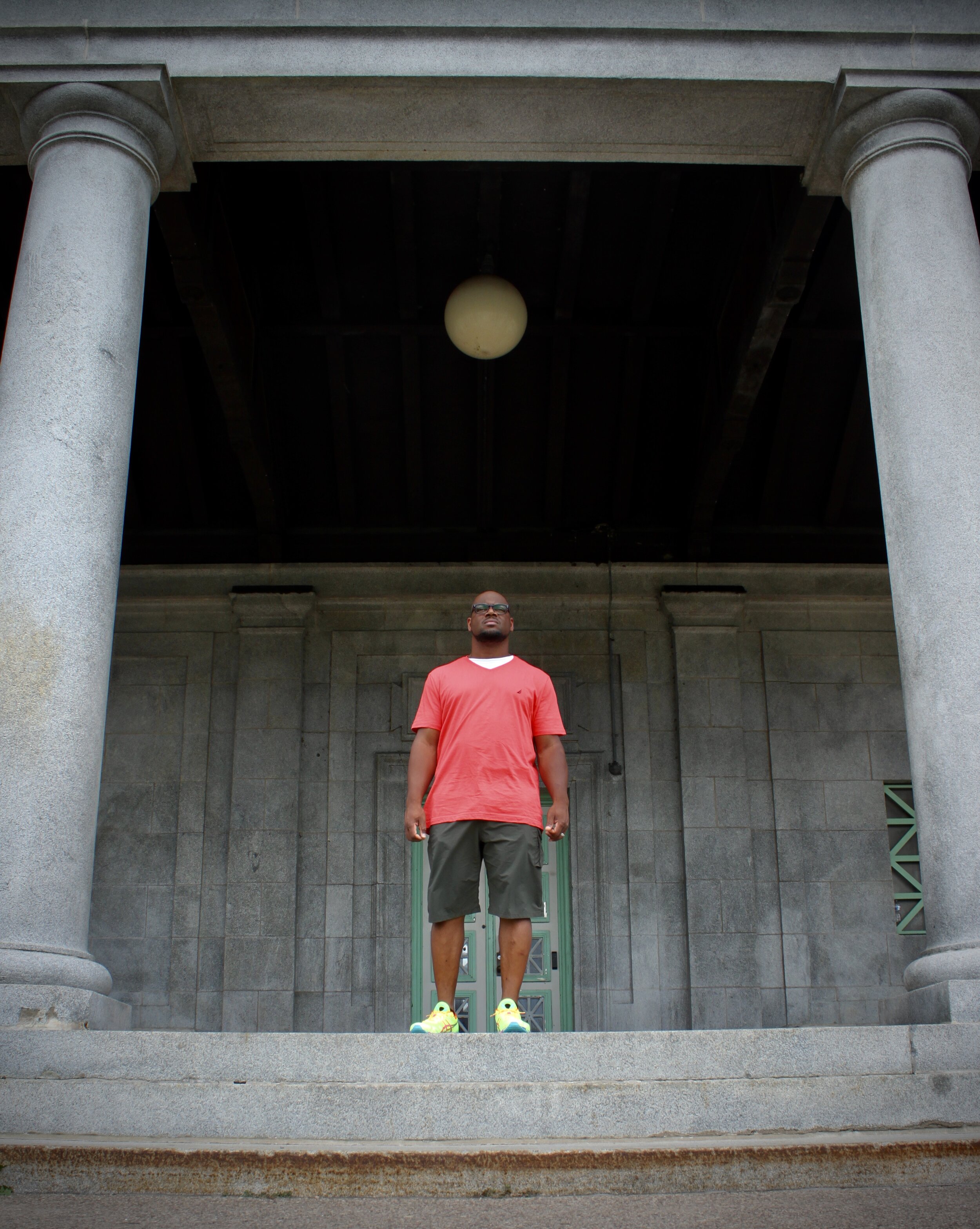Carl Binger
“As a man, I felt some internal and external stigma as well. Having depression made me think that I wasn’t man enough, that I was crazy, or that I was weak. Whenever I would talk about my struggle with other men, I would get these impressions as well. Sometimes it was pretty clear, other times, very subtle. The way I combat stigma is by making it my mission to be vulnerable about my past struggle, while offering full support and education to any man or person of faith that finds themselves in a dark hole.”
NAMI: Have you ever had any mental health struggles? Do you live with a diagnosis?
CB: Yes, I have definitely had mental health struggles. Back in 2006, my junior year in college, I started a deep decline into severe depression. I have a current diagnosis of Major Depressive Disorder/Bipolar Depression. I wrote about my experience extensively in my new book, The Progressive Darkness: For the Christian Losing Hope in Depression, which was published this March. In it, I talk about the slow decline my mind and body experienced during that dark time. The depression started mildly, having acid reflux like symptoms and slow loss of interest in various hobbies, but later became more insidious, as I wasn’t able to sleep and started having suicidal thoughts.
NAMI: How have you healed and grown from your experiences? If you consider yourself in recovery from something, what does recovery mean to you?
CB: Being a Christian, the depression definitely deepened my faith in God. I was sure I lost my faith in the midst of it all, but it turns out God used depression to strengthen my faith, while at the same time creating a passion in me to help others who struggle alone in the dark grips of depression. This has also spilled over into all areas of my life where I try to love everyone knowing that they could be going through really deep pain. During the depression, I tried many things to overcome it, including prayer, reading scripture, spending time with other believers, exercising, and eating better. What finally helped though was taking medications that I am still on today.
NAMI: How do you protect your mental health? What forms of self-care do you practice? What keeps you balanced?
CB: I love to have things to look forward to, whether it is date nights with my wife, travel with the family, doing a free workshop in the community, or just getting out to a park and getting some fresh air to reflect on God’s goodness and what I am thankful for. I also attempt to eat healthier and spend quality time with my three sons. I want to model to them what good self-care looks like.
NAMI: What mental health issues are most prevalent, according to your practice, among Black men in our community?
CB: What I have seen in my work with Black men is childhood trauma, racial trauma, and systemic poverty. The lack of education around mental illness can allow for the suffering of many Black men, women, and children to suffer in silence. On top of that, there is this culture of being strong and toughening it out which makes matters worse.
NAMI: What forms of mental health-related stigma have you observed or run into personally? How do you combat stigma?
CB: I have experienced stigma in multiple arenas. With regards to my faith, during the time I was depressed, I got the impression that maybe my faith wasn’t strong enough, and maybe I wasn’t praying or reading my bible enough. Worst yet, that I was possibly engaged in some type of sin. Most of these stigmas were internal but were definitely shaped by ideas and circumstances I have heard in faith communities. As a man, I felt some internal and external stigma as well. Having depression made me think that I wasn’t man enough, that I was crazy, or that I was weak. Whenever I would talk about my struggle with other men, I would get these impressions as well. Sometimes it was pretty clear, other times, very subtle. The way I combat stigma is by making it my mission to be vulnerable about my past struggle, while offering full support and education to any man or person of faith that finds themselves in a dark hole.
NAMI: You work at the intersection of clinical and faith-based treatment of depression. How do you combine the two frameworks? Why is faith an important part of your work as a counselor?
CB: I combine the two frameworks by first realizing that we totally need both. You cannot focus on mental health and completely leave out your spiritual health, and vice versa. To me faith is of immense importance when you think of life’s greatest struggles, pain, and grief, and then you think of the person of Jesus. In Jesus, we have someone who says, I have suffered worse than you ever can, and I love you and want to be your friend if you are willing. These words, thoughts, and truths are absolutely comforting to someone in their right frame of mind but can be transformative to someone on the edge of darkness.
NAMI: How could our community improve in terms of supporting Black men’s mental health?
CB: I have a Facebook group that I started in April called Surviving Depression. The whole purpose of the group is to educate, give hope, and break stigma as it relates to depression. I truly believe that if we came together as people of color, pulling our resources and talents together, and focusing these key elements on our children, teens, and adult men, we could change the entire trajectory of Black men’s mental health going forward. Imagine what would happen regarding crime, education, and physical and mental health if everyone had the ability to process their emotions in a healthy way.



